When you hear the word metabolism you better think about how many calories your body burns. A calorie is a unit for measuring the energy of the human body. The food we eat provides us with calories through proteins, carbohydrates and fats.
How to burn calories?
We use calories for every body function. Breathing, heartbeat and kidney function all need calories. Every organ of the body is made up of millions of cells, each one of these cells uses energy for the efforts it puts into its proper functioning. This is how you burn calories.
Exercises
Another way our body uses up energy is through exercise. For example, walking half a kilometer takes a lot of calories. Each physical activity uses a different number of calories. This is why professional athletes such as cyclists must intake huge amounts of food.
Basal Metabolic Rate
Your basal metabolic rate is the amount of calories your body needs to perform its functions without any other loads. It is this number that determines your weight, whether you will lose weight, whether you will gain weight or whether you will maintain a constant weight. As an example, if for you this number is 1400 calories, then to maintain your constant weight you should not consume more than these calories per day. If you want to increase your weight, add about 250-500 calories a day and in seven days you will gain about half a kilogram. If you want to lose weight, the same number of calories, but they are taken away and the result comes a little slower than when gaining weight.
How to find out how many calories we burn
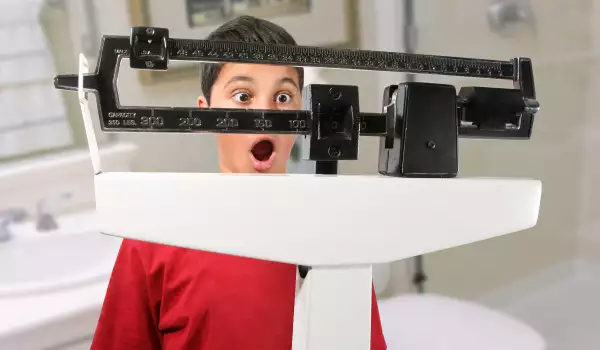
If we want to lose weight, it is very good to include physical exercises. The following list shows a small portion of physical exercises and physical activity that would help us to lose weight and how many calories are burned in one hour of exercise by a person weighing about 60 kilograms:
- Aerobics – 330
- Cycling – 220
- Bowling – 165
- Driving – 110
- Eating – 80
- Gardening – 275
- Walking – 250
- Tourism – 330
- Riding a horse – 220
- Housework – 135
- Running – 385
- Swimming – 330
- Tennis – 385
- Watching TV – 55
Difference in Metabolism
Each person is created differently and so are people's metabolisms. While weight, height, gender, age and genetics are a small part of the puzzle called metabolism, body composition is a big part of it. A person with muscle mass greater than fat mass has a greater basal metabolic rate than a person who has more fat than muscle. This is due to the fact that muscle tissue burns more energy in a shorter time than fat tissue.

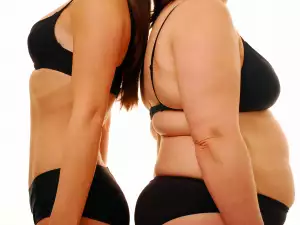

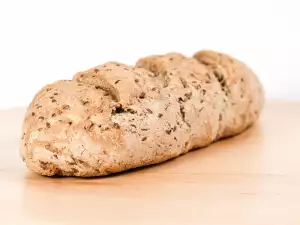
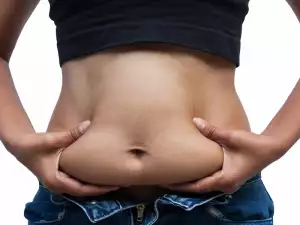


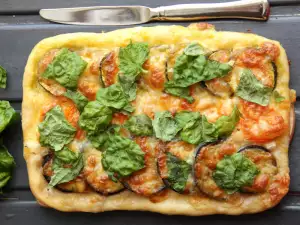
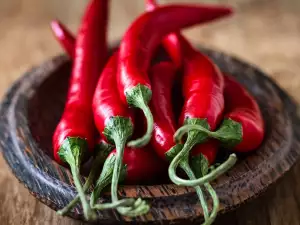
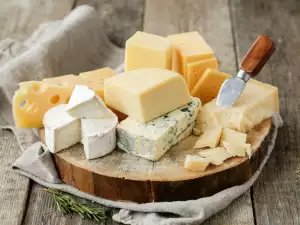
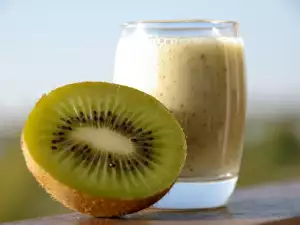
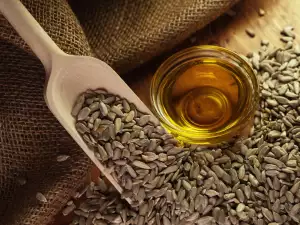







Comments